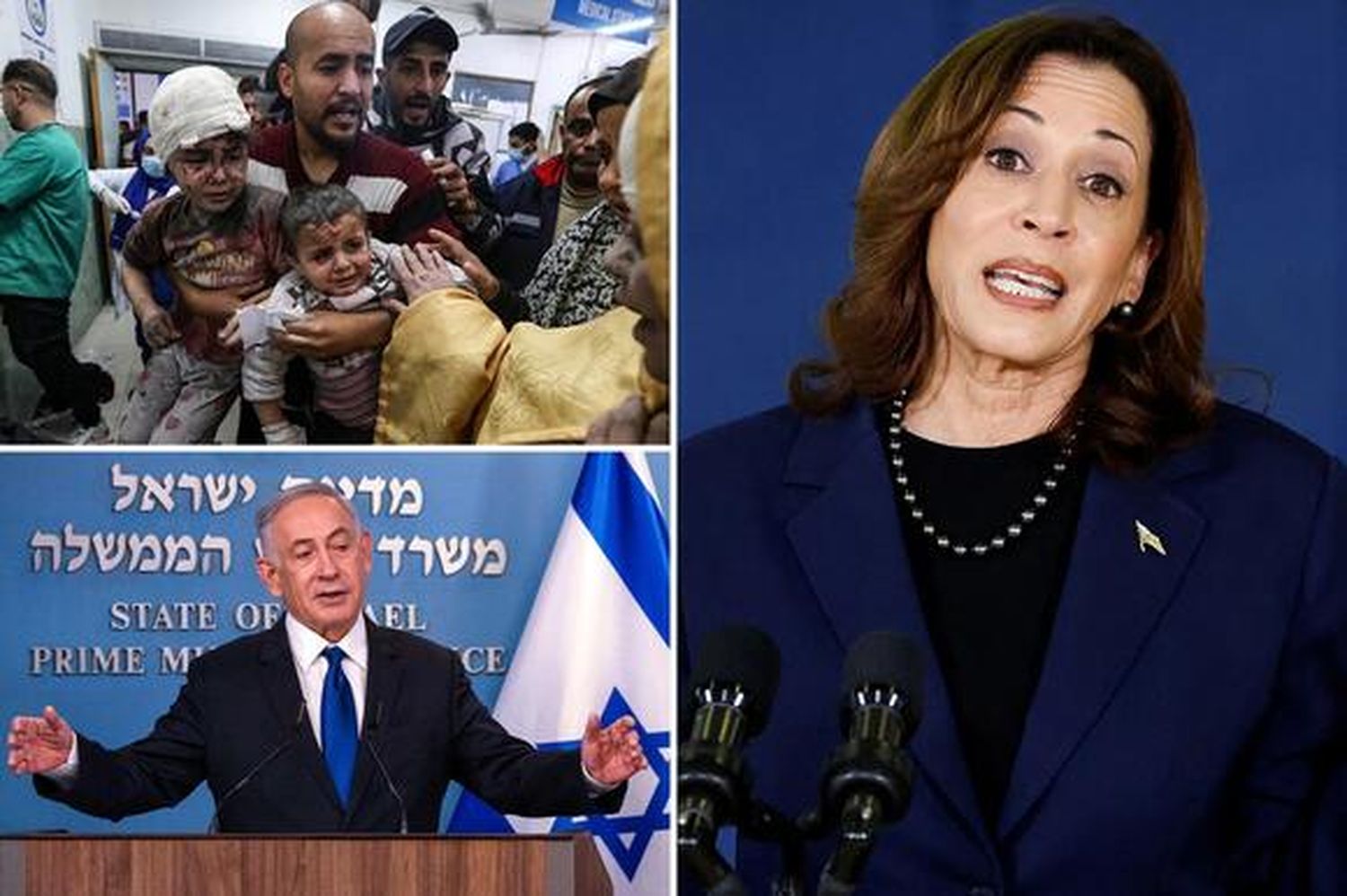Israel - Gaza
Kamala Harris Issues Stark Warning to Israel Over Potential Rafah Invasion
Vice President Kamala Harris has issued a stern warning to Israel regarding its potential military operation in Rafah, Gaza, marking a significant moment of tension between the United States and its longstanding ally. In a recent interview, Harris emphasized that any major military action in Rafah would be a "huge mistake," highlighting the Biden administration's firm stance against an escalation of conflict in the region.
The Vice President's comments come amid escalating tensions in the Middle East, where Israel's offensive against Hamas has led to a significant humanitarian crisis. An estimated 1.4 million Palestinians have sought refuge in Rafah from the ongoing conflict in northern Gaza, making the city a critical point of concern for international observers.
Israeli Prime Minister Benjamin Netanyahu has signaled that Rafah, considered one of the last strongholds of Hamas, could be the next target of Israel's military campaign. This move has raised alarms within the Biden administration, with top officials, including National Security Adviser Jake Sullivan, repeatedly underscoring the demand that Israel refrain from further fighting in Rafah.
When pressed on whether the United States would impose consequences should Israel proceed with its plans against the administration's "red line," Harris remained non-committal but did not rule out the possibility. "We're gonna take it one step at a time," she stated, leaving room for speculation about potential diplomatic or military responses from the U.S.
The Vice President's warning reflects a broader concern within the Democratic Party and the international community regarding the escalating violence in Gaza. The conflict has resulted in over 30,000 Palestinian casualties, according to figures from the Hamas-controlled Gaza Health Ministry, further exacerbating the humanitarian crisis in the region.
This week, a delegation from Israel is expected to meet with top officials in Washington, D.C., to discuss alternatives for Rafah, indicating ongoing diplomatic efforts to avoid further escalation. The discussions come at a time when relations between Biden and Netanyahu are reportedly strained, despite their historically strong alliance.
The situation in Rafah and the broader Israel-Hamas war continue to pose significant challenges for U.S. foreign policy in the Middle East. As the Biden administration navigates these complex dynamics, the international community watches closely, hoping for a resolution that can bring peace and stability back to the region.

